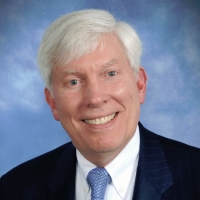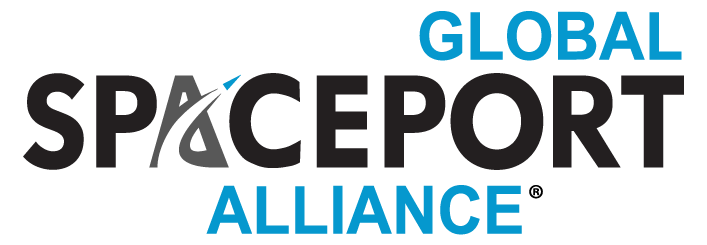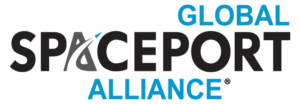 By Dr. George C. Nield, GSA Chairman
By Dr. George C. Nield, GSA Chairman
Even though there have been a number of event postponements and cancellations lately due to the corona virus, this has actually been a very busy time for the commercial space community. Here are some of the many events of interest since we got together for our Spaceport Summit in Houston on November 19:
During that period, there have been 13 FAA-licensed commercial launches, including 9 by the SpaceX Falcon 9, 2 by the Rocket Lab Electron, 1 by the Northrop Grumman Antares, and 1 by the Blue Origin New Shepard. There have also been 2 FAA-licensed reentries, both by SpaceX Dragon spacecraft, following cargo delivery flights to the International Space Station.
On December 20, Boeing conducted an uncrewed test flight of their CST-100 Starliner, which is designed to carry NASA astronauts to and from the ISS. Also on December 20, the President signed legislation creating the new U.S. Space Force as the sixth branch of the nation’s armed forces.
On January 7, I met with representatives from the Air Force Space Command and the Aerospace Corporation to talk about their ongoing “Spaceport of the Future” initiative. Later that month, on January 23, I met with Chiara Manfletti, CEO of Portugal Space, in Lisbon to discuss both spaceports and commercial space regulatory frameworks. On January 27, NASA announced that they had selected Axiom as the first commercial destination module that will be attached to the International Space Station. On January 29, the FAA conducted a Workshop on Spaceport Policy, which was attended by several GSA members.
On February 13, the Virgin Galactic WhiteKnightTwo and SpaceShipTwo Unity flew from Mojave Air and Space Port to Spaceport America, where commercial operations carrying paying customers are expected to begin later this year. Then on February 17, Blue Origin held a ribbon-cutting for their new rocket engine factory in Huntsville, Alabama. February 18 brought an announcement by Space Adventures that they had completed an agreement with SpaceX to fly a dedicated space tourist mission in late 2021 or early 2022. On February 25, the Northrop Grumman MEV-1 spacecraft successfully docked with an Intelsat-901 communications satellite to provide a 5-year mission extension for that system.
On March 5, Axiom announced that they had signed an agreement with SpaceX for a commercial Dragon mission to the ISS in the second half of 2021 that will carry 3 private astronauts and 1 Axiom crew member. On March 24, Astra had to scrub a launch attempt of Rocket 3.0 less than a minute before launch at Pacific Spaceport Complex – Alaska, narrowly missing an opportunity to win the DARPA Launch Challenge. On March 27, NASA announced that they had selected SpaceX for a Gateway Logistics Services contract. Also in March, Rocket Lab successfully tested an Electron first stage mid-air recovery using a helicopter, the first step in a long-term plan to recover and re-use those stages for multiple flights.
On April 2, Virgin Orbit announced a partnership with Space Port Japan to fly a mission from Japan as early as 2022. On April 13, Virgin Orbit completed a successful launch rehearsal of its Cosmic Girl carrier aircraft and LauncherOne rocket from Mojave Air and Space Port. Completion of that test likely means that we will see the first orbital launch for LauncherOne in the very near future. Finally, on April 26 SpaceX completed a successful tanking test of Starship SN4 at its new Boca Chica launch site. Following a static firing of the engines, SpaceX is expected to conduct a low-altitude “hop” of the vehicle in next few weeks.

